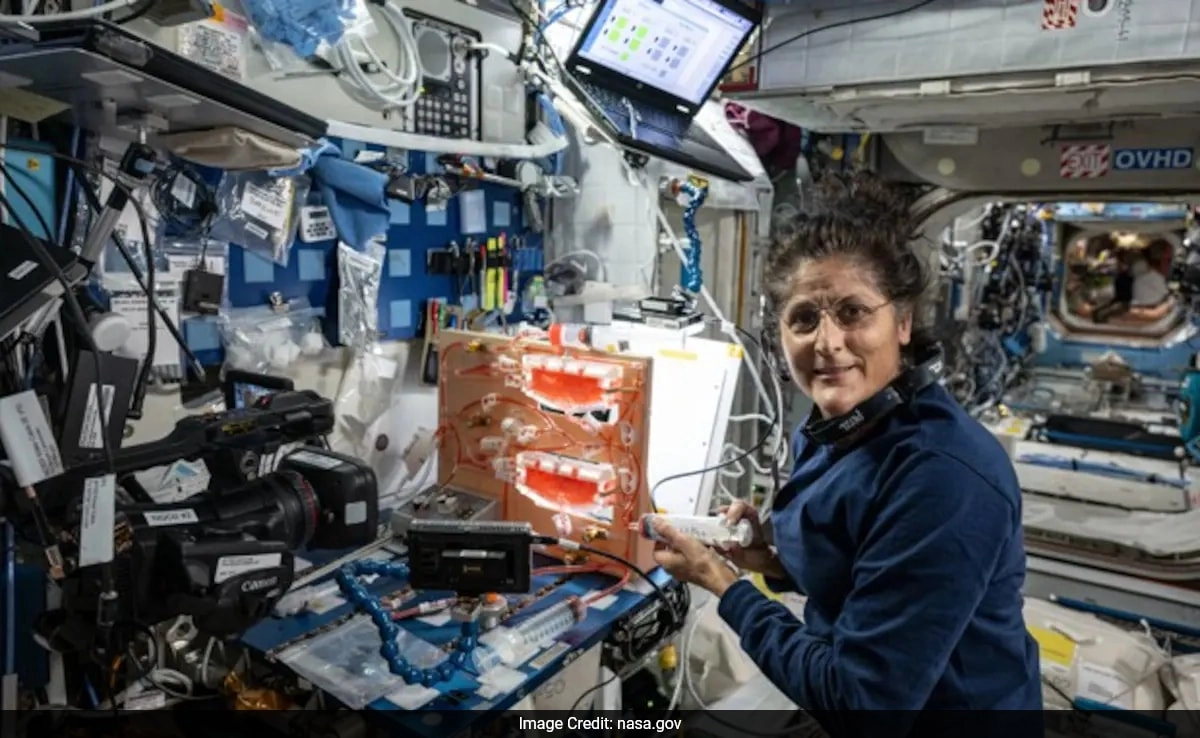The exploration of life beyond Earth has become a focal point of scientific inquiry, particularly in the context of the International Space Station (ISS). This unique laboratory orbiting our planet offers unprecedented opportunities to study biological processes in microgravity, advancing our understanding of how living organisms adapt to the harsh conditions of space. The ISS serves not only as a platform for scientific experiments but also as a crucial stepping stone for future long-duration missions to destinations like Mars. Researchers are investigating how various biological systems respond to the challenges posed by space travel, including the effects of microgravity on human physiology, plant growth, and microbial behavior.
One of the key areas of research conducted aboard the ISS pertains to human health and physiology. Astronauts experience numerous physiological changes during their time in space, such as muscle atrophy, bone density loss, and alterations in cardiovascular function. By studying these changes, scientists can develop countermeasures to mitigate the negative effects of long-term space travel on human health. This research not only informs the design of future missions but also has implications for healthcare on Earth, particularly for aging populations and individuals with mobility issues.
In addition to human biology, the ISS has become a critical site for studying plant biology in microgravity. Understanding how plants adapt their growth and development in space is essential for developing sustainable life support systems for future missions. Researchers have conducted experiments on plant growth, nutrient uptake, and stress responses, providing insights that could inform agricultural practices both in space and on Earth. The successful cultivation of plants in space could pave the way for closed-loop life support systems, enabling astronauts to grow their food and recycle waste, which is vital for long-term missions.
Moreover, the ISS provides a unique environment to investigate microbial life and its behavior in space. Microgravity can alter microbial growth rates, gene expression, and interactions among different species. Understanding these changes is crucial for ensuring the health and safety of astronauts during missions, as well as for developing strategies to prevent the contamination of other celestial bodies. The findings from these studies contribute to our broader understanding of life in extreme environments, shedding light on the potential for life beyond Earth.
In conclusion, the research conducted on the International Space Station is significantly shaping our knowledge of biology beyond Earth. By exploring the physiological, botanical, and microbial aspects of life in microgravity, scientists are not only preparing for the future of human space exploration but also unlocking insights that could have profound implications for life on our home planet. As we continue to push the boundaries of space travel, the findings from the ISS will play a pivotal role in ensuring the health and sustainability of human life, both in space and on Earth.




